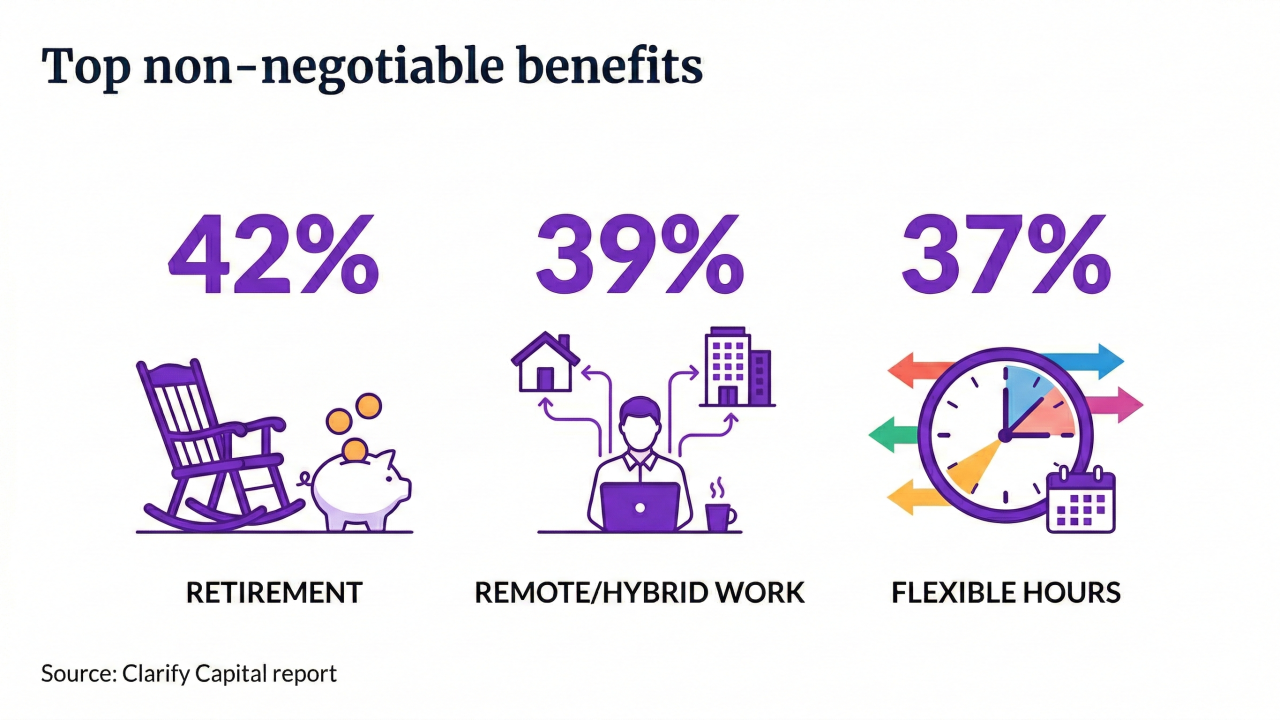GLP-1 use for overweight and obesity conditions
But their success rate is complicated. Research shows that issues such as cost, side effects, weight plateau and lack of effectiveness cause around half of users to discontinue the medication after a year, underlining that, on their own, GLP-1s are not a long-term weight loss solution.
"Most patients starting GLP-1 therapies for weight management haven't started the foundational work necessary for long-term success — including behavioral modification, nutritional know-how, and mindset shifts," says Dr. Jeffrey Vogel, instructor at Harvard Medical School and founder and CEO of digital health company Concorde Health. "Weight loss medications are powerful tools, but will only deliver short-term benefits if they aren't part of a broader change."
Read more:
Concorde Health's clinician-based approach combines 1:1 coaching with licensed healthcare professionals along with AI-powered reinforcement through its app, as well as access to additional specialists, such as dieticians, as needed. Instead of putting people on GLP-1s right away, they are added to an employee's individual plan depending on criteria outlined by their employer, such as a minimum BMI, and participation in initial coaching sessions so they have a solid understanding of the medication's role and impact.
When they join Concorde, employees receive a WiFi scale, water bottle, yoga mat, food journal, and a hand-written note of welcome and encouragement from Vogel. Once a member is matched with a coach and develops a personalized plan to manage things like diet, sleep and stress, they move through a three-phase program: First, building foundational habits prior to getting on GLP-1s, then ongoing support with managing side effects, reinforcing habits and tracking progress, and finally transitioning off medication with continued coaching and resources to sustain achieved change.
"Individuals may have lofty goals, but unless you have systems in place to help you achieve them, you're not going to be successful," Dr. Vogel says. "We help people create systems through very personalized virtual coaching and habit-tracking technology, but we do so in a white-glove way. Employees work with the same coach and build rapport. That coach knows who they are, and they help them create small, sustainable habits in a meaningful and easily-digestible way, so that those habits can become long-term behaviors."
Read more:
The difference proper support makes
When people feel like they have skin in the game regarding their health, there is a greater likelihood they will reduce their weight and keep it off after stopping medication, Dr. Vogel explains. Concorde members have an 85% engagement rate and a 97% success rate with long-term behavioral change. Without accountability, education and habit-forming practices, people face difficulty with proper use and ending of medication, and employers get hit with wasted healthcare spend.
"Most people think that GLPs are an evergreen treatment — that once they're on them, they're going to be on them forever, especially in the employer space," Dr. Vogel says. "We try to help people get down to their target weight, and then we maintain our coaching with that person to either wean off the medication or get them down to a lower dose, ultimately reducing direct cost on the employer side."
To further cut down on spend, Concorde has partnered with a pharmacy provider to provide brand-name GLP-1s, specifically Wegovy and Zepbound, at direct-to-consumer prices, which can be paid for in part or in full by employers. Organizations using Concorde typically reduce GLP-1 pharmacy costs by 40% or more, says Dr. Vogel.
Read more:
GLP-1s have great potential to help people if they are provided alongside a holistic weight- management approach. By offering this type of benefit, employers are doing their workforce a great service while improving pivotal areas such as retention, healthcare savings and employee well-being.
Dr. Vogel notes that many members say working with Concorde is the first time they've felt truly supported in their health journey, and that is what has helped them shift from the mindset of a short-term fix to long-term investment in themselves.
"We should focus on the person — not the prescription," he says. "When patients understand and appreciate the chronic nature of the condition they're managing, they engage more meaningfully, invest in their long-term health, and we can all derive greater value from these incredible treatments."
Read more about GLP-1s and weight loss benefits:
Soaring healthcare costs driven by GLP-1s and mental health needs GLP-1s are evolving — how benefit managers can prepare Employees need more than GLP-1s to manage their weight Obesity management programs save money and improve outcomes Financial incentives won't make your weight loss benefits successful






